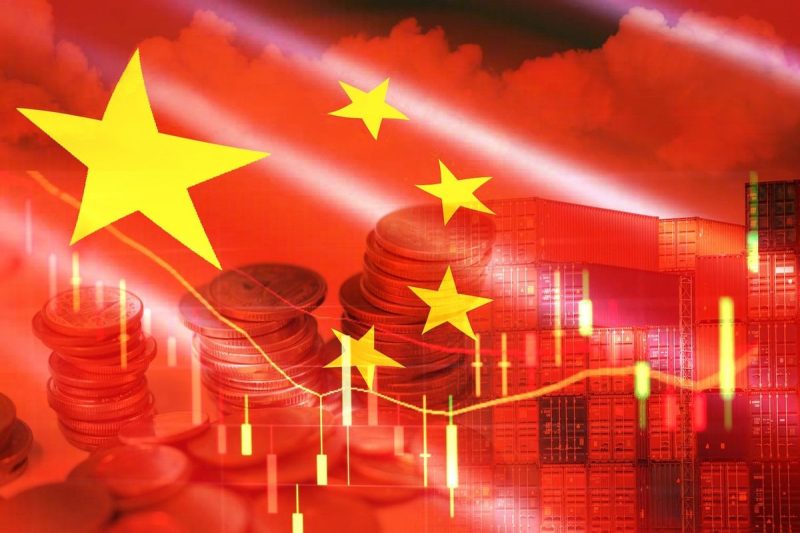
China’s Bold Move: Tightening Grip on Critical Minerals Amid US Chip Regulations
China recently implemented restrictions on the export of key critical minerals in response to the strict regulations imposed by the United States on semiconductor chips. This move by China has sparked concerns among global industries, as it could potentially disrupt the supply chain and impact various sectors that rely on these crucial minerals.
The restrictions on critical mineral exports by China are seen as a retaliatory measure against the U.S. government’s efforts to control the semiconductor industry. In recent years, the U.S. has implemented measures to limit exports of advanced technologies, including semiconductor chips, to China, citing national security concerns. The U.S. has also pressured its allies to follow suit and restrict exports of certain technology products to China.
China’s decision to restrict exports of key critical minerals is likely to have far-reaching consequences on the global supply chain. These minerals are essential for the production of various high-tech products, including semiconductors, electric vehicles, and renewable energy systems. With China being a major supplier of these critical minerals, the restrictions could lead to disruptions in the supply chain and potentially drive up prices of these essential materials.
The move by China also highlights the growing tensions between the world’s two largest economies, as they continue to engage in a trade war and compete for technological dominance. The restrictions on critical mineral exports could further escalate the trade tensions and impact global trade relations.
In response to China’s restrictions, countries and industries that rely heavily on these critical minerals are now facing challenges in securing stable and affordable sources of these materials. This uncertainty in the supply chain could disrupt production schedules and lead to delays in the delivery of important products to the market.
Industry experts are closely monitoring the situation and are calling for diplomatic efforts to resolve the trade disputes between the U.S. and China. They emphasize the importance of stable and reliable access to critical minerals for the global economy and urge both countries to find a mutually beneficial solution to avoid long-term disruptions in the supply chain.
In conclusion, China’s decision to restrict exports of key critical minerals in response to U.S. chip controls has raised concerns within the global industry. The move underscores the challenges posed by the escalating trade tensions between the two economic superpowers and highlights the need for diplomatic efforts to address these issues. As the situation continues to evolve, stakeholders are advised to closely monitor developments and prepare for potential disruptions in the critical mineral supply chain.